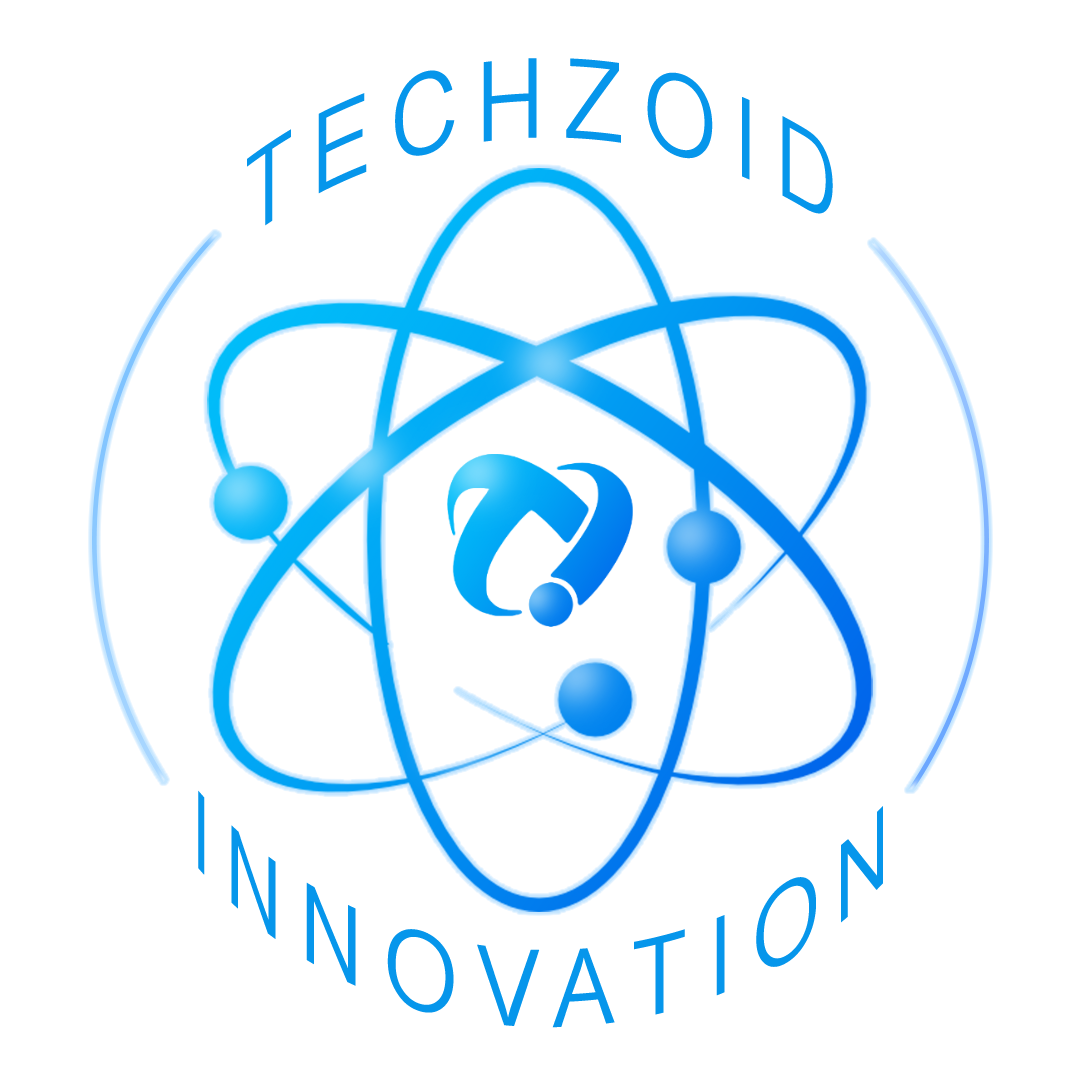Non-technical skills are as important as technical expertise in the Tech industry. They are skills enable professionals to collaborate effectively, adapt to changes, and achieve long-term success. Here are five non-technical skills every tech professional should cultivate:
1. Problem-Solving and Critical Thinking
The ability to identify issues, analyze root causes, and devise effective solutions is essential in tech, as it enhances innovation, minimizes downtime, and allows professionals to approach challenges creatively and logically. For instance, a developer with strong problem-solving skills can debug complex code more efficiently, ensuring project deadlines are met and systems run smoothly.
2. Communication and Collaboration
Strong communication skills enable professionals to convey technical concepts clearly to non-technical stakeholders, while collaboration ensures diverse ideas come together to drive innovation, improve team performance, and build stronger workplace relationships. In the case of an IT consultant who communicates effectively, he/she can bridge the gap between business goals and technical solutions, fostering trust and delivering better outcomes.
3. Adaptability and Continuous Learning
Adaptability is crucial in the fast-evolving tech industry, as it allows professionals to keep up with emerging tools and technologies while ensuring they remain relevant in a competitive market. Continuous learning not only future-proofs careers but also opens up new opportunities. A software engineer who quickly learns cloud computing can take on high-demand roles, positioning themselves as an indispensable asset to their team.
4. Emotional Intelligence
Emotional intelligence, which includes empathy, self-awareness, and interpersonal skills, is vital for navigating workplace dynamics, resolving conflicts, and fostering team collaboration. It also strengthens leadership qualities, as empathetic persons can inspire and motivate their teams while maintaining harmony. For example, a project manager with high emotional intelligence can effectively manage team conflicts, ensuring productivity and morale remain high.
5. Time Management and Organization Effective time management ensures professionals can balance multiple tasks, meet deadlines, and maintain work-life harmony, while strong organizational skills streamline workflows and prevent bottlenecks. This reduces stress, enhances productivity, and enables better focus on priorities. For instance, a UX designer with excellent time management can successfully handle multiple projects without compromising on quality or creativity.
On a final note, non-technical skills are the foundation of a thriving tech career, complementing technical expertise and enabling professionals to collaborate, lead, and adapt effectively. By developing these skills, you’ll not only stand out in the fast-paced tech industry but also ensure sustained success in an ever-changing field.








